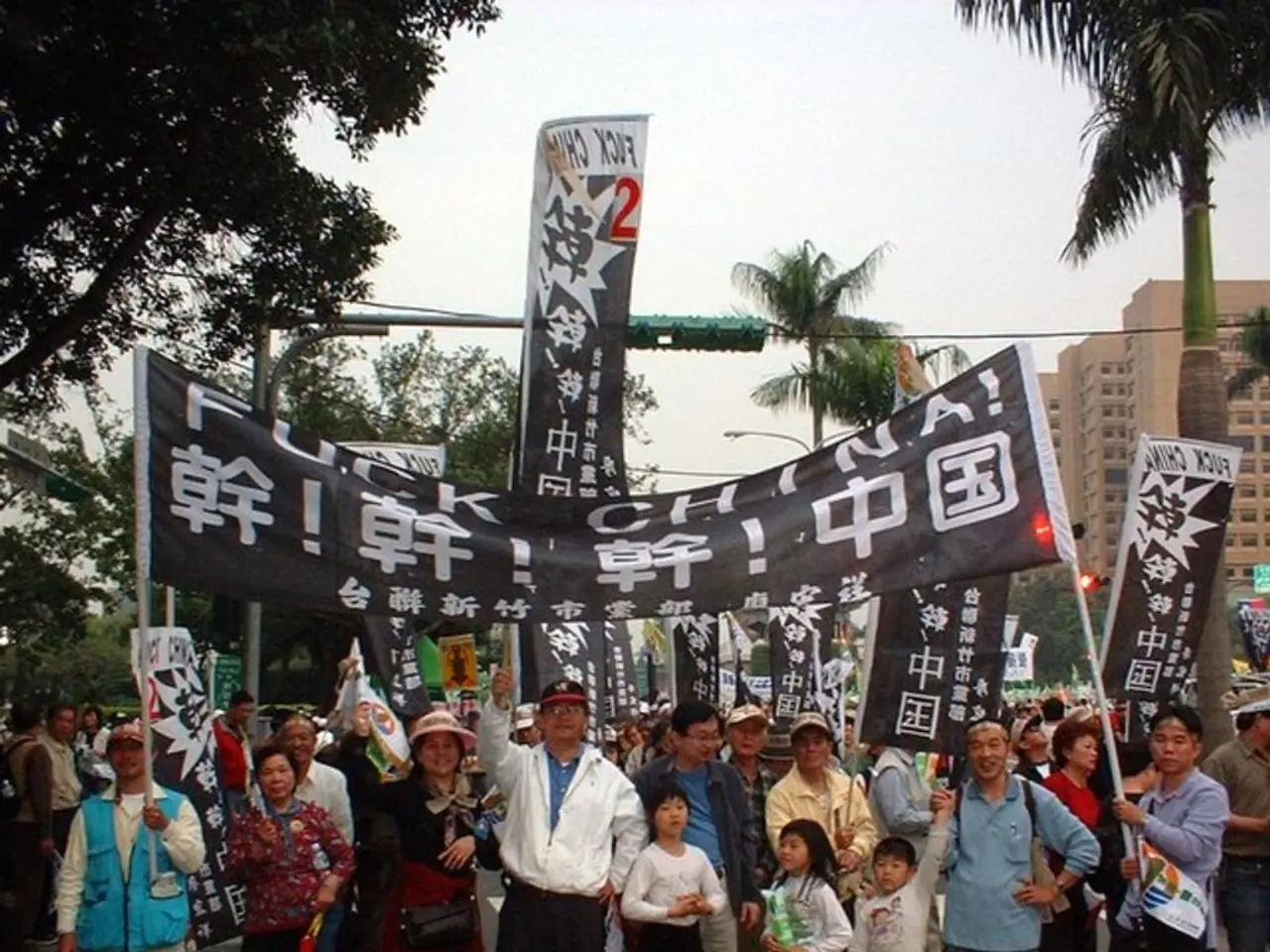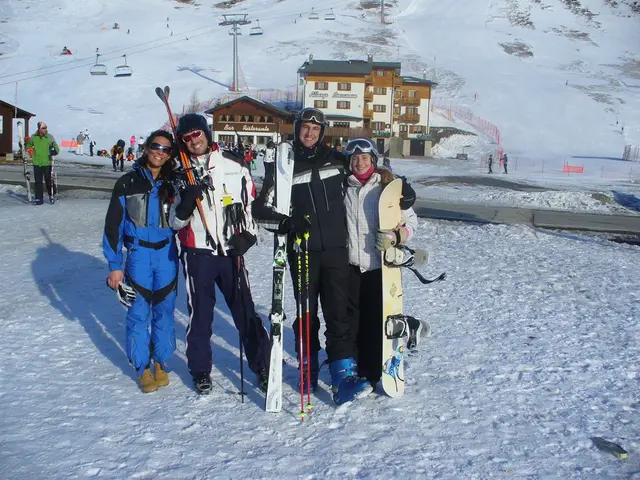Breaking norms without repercussions: A defiance of the conventional
In the heart of Austria, tensions are rising as the government and trade unions find themselves at odds over budget constraints and wage negotiations.
Political consultant Thomas Hofer has noted a relatively quiet stance from the trade unions this summer, as the government has sought preventive dialogue with them. This dialogue, Hofer suggests, is a result of the government's efforts to engage in early discussions with the unions.
However, this harmony may be short-lived. Federal Chancellor Christian Stocker announced a decrease in pension adjustments for 2026, a decision that has been met with disagreement from senior representatives Ingrid Korosec and Birgit Gerstorfer. This move has raised concerns among pensioners, who are traditionally loyal voters and have been treated with deference by the government when it comes to annual pension adjustments.
The Austrian Senior Council, a body responsible for representing the interests of the senior population, has been vocal about the government's decision. As per Section 24, Paragraph 1 of the Federal Senior Act, the Council stands equal in representation to social partners such as the Chamber of Commerce, the Chamber of Labor, and trade unions.
The government's approach seems to be a hard line with interest groups, potentially signaling a shift in strategy. This strategy may target previously favored, party-affiliated lobbyists during times of austerity packages.
The Public Service Union, represented by Paul Kimberger, a mathematics, computer science, and sports teacher, is one such group feeling the brunt of this change. Kimberger, who represents around 47,700 members, has been critical of the government's push for summer school attendance and the Minister of Education's approach to the issue.
The annual wage negotiations traditionally start with the metalworkers and will begin this year on September 22. However, the government has summoned union leaders due to budget constraints, asking public employees to forgo an already negotiated and parliamentary-approved increase in their benefits.
Kimberger, being a trained pedagogue, believes that his background is an advantage when dealing with stubborn politicians. He states, "It's about communication and the question: How do I achieve my goals?"
The GÖD (Gewerkschaft Öffentlicher Dienst) has about 266,000 members and shares the concerns of the Public Service Union. Kimberger emphasizes his distance from the Christian Trade Unionists faction, stating, "I have no political function. I am a staff representative and I am a trade unionist."
Kimberger believes that cuts in benefits for public sector employees would be unthinkable, stating, "An unilateral cancellation of a wage agreement that was negotiated through social partnership is unthinkable for me." This sentiment is shared by political consultant Thomas Hofer, who sees the current situation as a "litmus test for social partnership."
The fear of budget sanitation failure may be setting the tone for future elections, particularly among the senior voter group. If the 2024 National Council election results mirrored those of the Public Service Union, the ÖVP and SPÖ would have an even clearer majority. However, a potential backlash in the next elections cannot be ruled out, as the government's decisions may impact the loyalty of pensioners, traditionally a reliable voter group.






